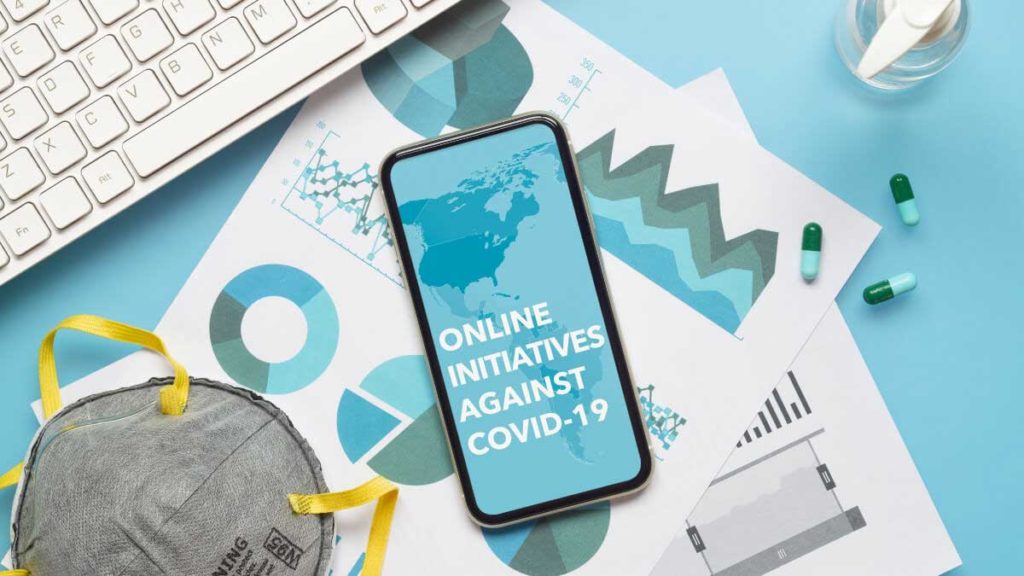
For those of us who aren’t scientists or healthcare workers, the pandemic might bring about feelings of helplessness. Of course, we can play our part by staying inside, maintaining good hygiene and taking our pre-cautions. But is there something more we can do? Thanks to social media, the internet, and big data-driven analytics, there are a number of online initiatives against COVID-19 that anyone can participate in. These initiatives are powered by data and show how utilizing crowdsourcing to crunch data can help mitigate the spread.
- Google’s Kaggle, the crowdsourced data science portal can offer plenty of learnings if you are familiar with data science. As well as live datasets from WHO collated by Johns Hopkins University and a library of 29,000 published articles can put your data science skills to work by taking on tasks like predicting the spread of the virus, how long it will affect parts of the world, and the impact of other factors on the overall statistics.
- Folding@Home is a crowdsourced project that utilizes donated computing power in simulating protein folding, as well as tackling other medical data problems. Since the outbreak, they started using spare power of idle computers in people’s houses to crunch through data, trying to identify proteins in the virus that can be targeted with medicine. To get involved with this online initiative against COVID-19 all you need to do is download the client and run it on your machine.
- Foldit is another site dedicated to crowdsourcing modeling of protein folding, and it also offers an online initiative against COVID-19. With foldit, you can take part in a number of puzzles that are fun, educational, and also help in making important scientific advances. A current ongoing challenge involves designing a protein with anti-inflammatory properties that assist in treating patients whose immune systems have triggered excess inflammation.
- For the people who don’t have any spare computing power, another alternative is donating their data. Researchers at King’s College London have developed the C-19 Symptom Tracker app that collects anonymized information to help correlate symptoms and diagnosed cases of the virus. By establishing which symptoms indicate a need for testing, the app helps ensure people can self-isolate at the right time and prevent spread.
- Another online initiative against COVID-19 is the Coronavirus Tech Handbook project, led by Edward Saperia. This first started as a collection of medical information that was aimed at doctors and healthcare professionals, however it quickly grew into an accessible compendium of useful information from hygiene to coping at home working and schooling.
These are all great examples of online initiatives against COVID-19 that wouldn’t have been possible in previous outbreaks, simply because the necessary infrastructure to collect and process data wasn’t available yet. Hopefully, when the coronavirus is under control, the next challenge will be to develop new solutions that will prevent a future pandemic like this one.